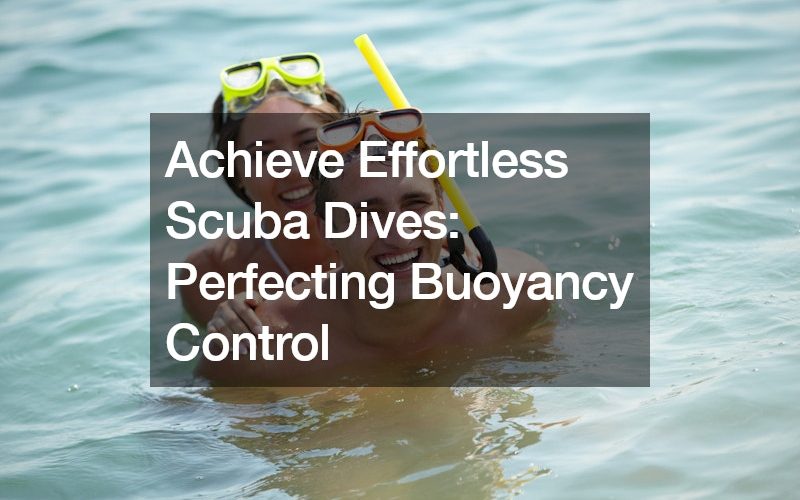
Imagine gliding effortlessly through the underwater world, weightless and in perfect control. This dream becomes reality for scuba divers who have mastered buoyancy control. Buoyancy refers to your ability to stay afloat, neither sinking nor bobbing uncontrollably. It’s a fundamental skill that separates comfortable, confident divers from those constantly struggling to stay level.
Scuba diving books emphasize the importance of buoyancy control for a reason. It directly impacts your safety, air consumption, and overall enjoyment of the dive.
A diver who constantly fights to stay afloat uses more energy, has less air for exploration, and risks uncontrolled ascents or descents.
There are two main ways to control buoyancy: coarse control and fine-tuning. Coarse control involves adding or releasing air from your buoyancy control device (BCD). Imagine your BCD as an inflatable vest that helps you adjust your overall volume underwater. Adding air increases your buoyancy, making you rise, while releasing air has the opposite effect.
Fine-tuning your buoyancy comes through breath control. As you inhale, you become slightly more buoyant, and exhaling has the opposite effect. This technique is particularly useful for making minor adjustments while staying roughly at the same depth.
Many scuba diving books recommend practicing buoyancy control in a pool before venturing into open water. Here, you can kneel on the bottom and slowly adjust your buoyancy using only your breath. As you gain confidence, try practicing in different body positions, like horizontal or vertical.
Buoyancy is also affected by depth. Water pressure increases as you descend, making you naturally more buoyant. To maintain neutral buoyancy at greater depths, you’ll need to add more air to your BCD. Conversely, as you ascend, the pressure decreases, and you’ll need to vent some air to avoid rising too quickly.
Perfecting buoyancy control takes time and practice, but the rewards are immeasurable. You’ll become a more streamlined, efficient diver, able to focus on the wonders of the underwater world instead of battling your buoyancy. By consulting scuba diving books and practicing these techniques, you’ll be well on your way to achieving effortless dives and maximizing your scuba experience.
.

